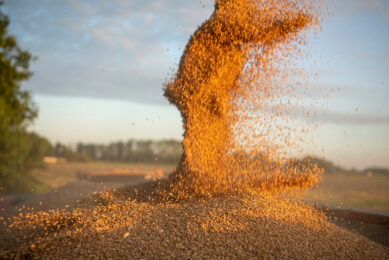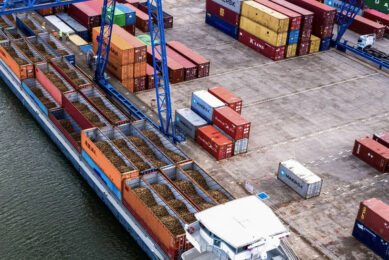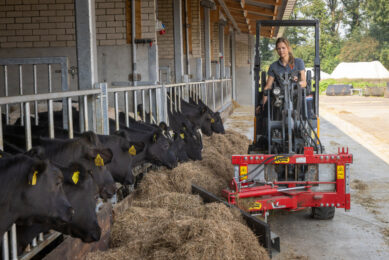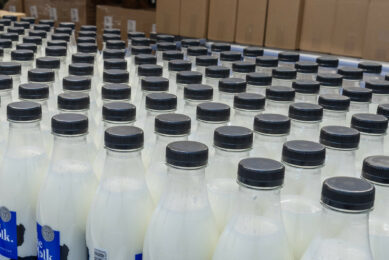Gov. must monitor UK trade deals, work with farmers
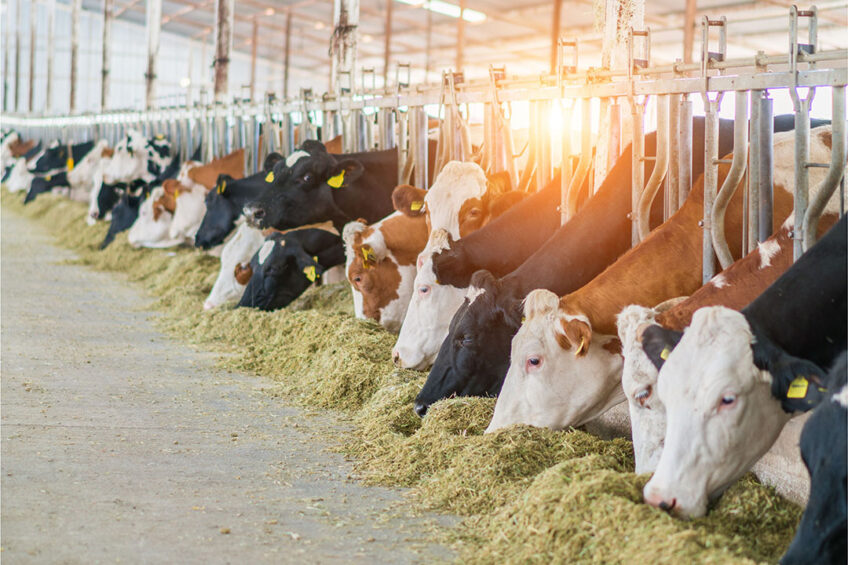
Calls for the UK government to work with farmers to develop a set of core environmental and animal welfare standards that it can seek to safeguard through forthcoming Free Trade Agreements (FTAs) have been made by National Farmers’ Union president, Minette Batters.
Her call comes following the announcement that the trade agreements concluded last year with Australia and New Zealand will come into force on 31 May.
The NFU has strongly criticised the outcomes of the 2 negotiations because the FTAs eliminate tariffs for agricultural products. That means for the sensitive dairy sector, along with beef, lamb and horticulture, there will be no limit to the number of goods Australia and New Zealand can export to the UK. In addition, the National Farmers Union argues, there appears to be little in the trade deals to benefit British farmers.
Tight margins
That is due to UK farm businesses facing significantly higher production costs, and margins are set to tighten further in the face of rising input costs, higher energy bills and labour shortages.
In Australia, the following tariff rate quotas will apply in year 1, with liberalisation taking place in 5 years time:
- Cheese: 14,136.986 tonnes
- Butter: 3,239.726 tonnes
In New Zealand, liberalisation in the dairy sector will also be in 2028 with the following year 1 pro rata tariff rates:
- Cheese: 14,136.986 tonnes
- Butter: 4,123.288 tonnes
Need for government to monitor
Batters said: “Confirmation that the UK’s new trade deals with Australia and New Zealand FTAs will come into force at the end of May brings into sharp focus the need for our government to monitor the ongoing and cumulative impacts for our farmers and growers of the inevitable tougher trading environment they will face.
“It’s clear that UK farmers have very little to gain from these 2 deals; instead, we are pushing the government to focus its trade efforts on opening up markets where there’s a genuine opportunity for UK agriculture to grow our sales of fantastic products overseas.”
She added that while there were no signs of any changes to food standards – imports of hormone-reared beef will still be banned – it was essential the government maintained that commitment.
The NFU wants to see the government working with farmers on a set of core green and welfare standards so it can safeguard through forthcoming FTAs and its general import policy under its current WTO commitments.
The Agriculture and Horticulture Development Board has looked at the impact of the trade deals on UK agriculture, using a trade model developed by Harper Adams University and University of Exeter. It shows that the UK-Australia and New Zealand trade deals could increase the amount of cheese imports by 1,100 tonnes (254%) from Australia and by 1,700 tonnes of butter (209%) and 260 tonnes of cheese (194%) from New Zealand.
Join 13,000+ subscribers
Subscribe to our newsletter to stay updated about all the need-to-know content in the dairy sector, two times a week.



